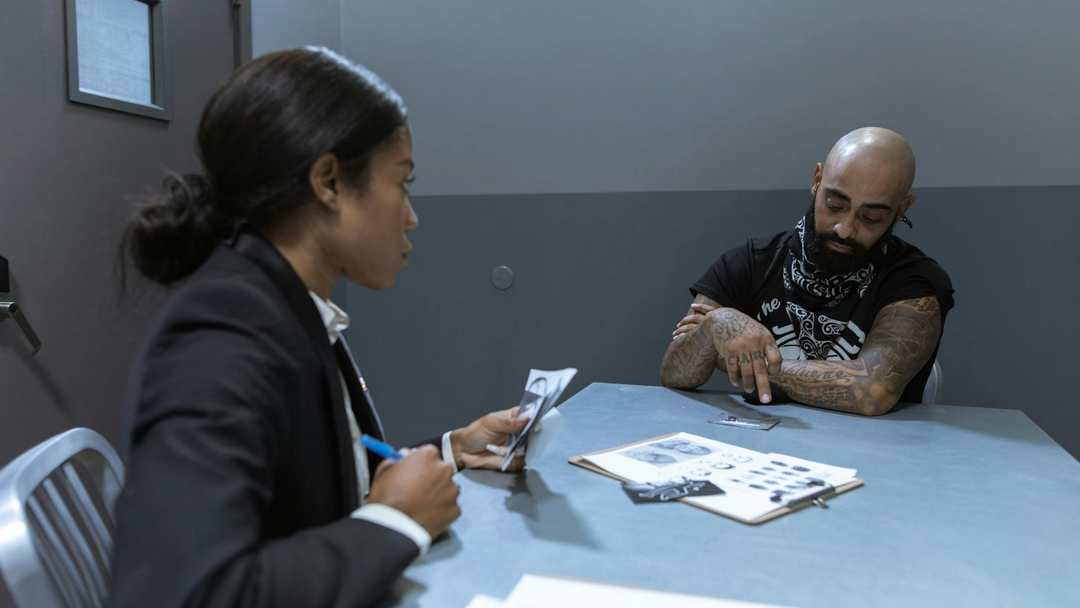Carrying a concealed weapon (CCW) in Michigan without proper authorization is a crime.
Carrying a concealed weapon (CCW) in Michigan without proper authorization can lead to serious criminal charges.
Michigan law has strict regulations regarding firearms, and violating these laws can result in significant penalties.
This article explains what carrying a concealed weapon means, the potential punishments, legal defenses, and how an experienced attorney can help you if you’re facing charges.
As always – Don’t talk and you must invoke your 5th amendment right and ask for a lawyer. No matter what the police say or what they promise you!!
What Is Carrying a Concealed Weapon?
In Michigan, it is illegal to carry a concealed weapon on your person or in a vehicle without a valid permit.
A concealed weapon typically means a handgun, but it can also include other dangerous weapons like knives or brass knuckles if they are hidden from view.
The law that governs carrying a concealed weapon is MCL 750.227. This law makes it a crime to carry a concealed pistol or other dangerous weapon without a Concealed Pistol License (CPL).
If you do not have a CPL, you are at risk of being charged with carrying a concealed weapon.
Penalties for Carrying a Concealed Weapon
Carrying a concealed weapon without a permit is a felony in Michigan. The potential penalties are severe and can affect your freedom and future. If convicted, you may face:
- Up to 5 years in prison
- Fines of up to $2,500
Additionally, a conviction for carrying a concealed weapon could lead to a permanent criminal record, which could impact your ability to find employment, own a firearm in the future, or even vote. It is important to take these charges seriously.
Use You Right To Remain Silent
If you have been accused or charged with a crime.
Say nothing to anyone. Talk to us first.
Our firm is experienced in both State and Federal courts defending clients.
CALL NOW
Legal Defenses for Carrying a Concealed Weapon
There are several defenses that may be available if you’re charged with carrying a concealed weapon. Some common defenses include:- Valid CPL: If you had a valid concealed pistol license (CPL) at the time of your arrest, this can be a strong defense. You must show that you were legally allowed to carry the weapon.
- Lack of Concealment: If the weapon was not truly concealed and was instead visible or partially visible, the charge might not hold up in court. A weapon that is in plain view does not meet the legal definition of “concealed.”
- Unlawful Search and Seizure: If the police discovered the weapon during an illegal search or traffic stop, the evidence could be thrown out. Your Fourth Amendment rights protect you from unreasonable searches, and if violated, your case may be dismissed.
- Innocent Intent: In some cases, you may have forgotten the weapon was in your possession or had no intent to conceal it. While this can be harder to prove, it may be relevant in certain situations.
How Komorn Law Can Help
If you’re facing charges for carrying a concealed weapon in Michigan, it’s important to work with an experienced legal team that understands Michigan’s gun laws.
Komorn Law has over 30 years of experience handling criminal defense cases in both state and federal courts. They specialize in defending clients charged with weapons-related crimes, including CCW.
Komorn Law can assist by:
- Reviewing the details of your case to identify any mistakes made by law enforcement
- Challenging the legality of the search and seizure of the weapon
- Arguing for reduced charges or penalties
- Defending your rights in court with a strong and effective strategy
If you’ve been charged with carrying a concealed weapon, don’t face the legal system alone. Contact Komorn Law (248) 357-2550 for a consultation or to hire the team to fight for your rights and protect your future.
Note: This article provides a general overview and does not substitute for legal advice. Anyone charged with a CSC offense should consult an attorney for specific legal guidance.
More Articles
Is a Verbal Agreement Legal?
Is Oral Legal?Verbal agreements, also called oral contracts, can be legal and enforceable in Michigan, but with some limitations. Here's a breakdown: Generally Enforceable: Michigan law recognizes verbal contracts as valid if they meet the standard elements of a...
Squatters and the Law in Michigan
Squatters and YouSquatting, in one definition is the act of occupying a property without legal permission, can be a headache for both property owners and squatters themselves. Sorry to cause you a such a headache squatter. Michigan has specific laws addressing...
Adverse Possession in Michigan – Can Someone Claim Your Property?
Understanding Adverse Possession in MichiganMichigan recognizes adverse possession, a legal doctrine allowing someone to acquire ownership of real property they've occupied for a specific period, even without a formal title.The Statute: MCL 600.5801 The relevant...
Red Flag Rules for Extreme Risk Protection Orders-Firearms Act
Michigan Supreme Court - These changes follow the creation of the Extreme Risk Protection Order Act and amendments to the Firearms Act. Red Flag Laws.Effective February 13, 2024On February 6, 2024, the Michigan Supreme Court issued ADM File No. 2023-24, which adopts...
Synthetic Marijuana (Synthetic Cannabinoid Homologues)
Spice/ K2, Synthetic MarijuanaWhat is Spice/ K2, Synthetic Marijuana? K2 and Spice are just two of the various trade names or brands for synthetic designer drugs that aim to replicate THC, the primary psychoactive component of marijuana. These designer synthetic drugs...
Michigan Court Rules
MICHIGAN COURT RULES OF 1985Updated February 13, 2024 The Michigan Court Rules The Michigan Rules of Court are the rules adopted by the Michigan Supreme Court to govern Michigan’s legal system and the judges, lawyers, and other professionals who are charged with...
Understanding Michigan’s Cyberbullying Law (MCL 750.411x)
Understanding Michigan's Cyberbullying Law With the ever-expanding digital landscape, cyberbullying has become a harsh reality for many. Michigan, recognizing its seriousness, has established specific laws to address this issue. Here's some things you need to knowWhat...
Involuntary Manslaughter Charges and Penalties in Michigan
Involuntary Manslaughter Charges and Penalties in MichiganHere's things you should to knowWhat is Involuntary Manslaughter in Michigan? Involuntary manslaughter differs from murder in that it lacks intent to kill. In Michigan, it is somewhat defined as the killing of...
The Expanding List of Crimes that Restrict Gun Ownership
The Expanding List of Crimes that Restrict Gun Ownership in MichiganHere are the LawsDomestic Violence The legislature passed a package of bills that add subsets to certain misdemeanor offenses (identified below) for offenses involving domestic relationships. See 2023...
Forensic Science Division – DNA Profiling System
The Michigan State Police Forensic Science Division (FSD) DNA Profiling System is a comprehensive program that uses DNA analysis to support criminal investigations throughout the state. The system is housed within the Biometrics and Identification Division (BID),...






















